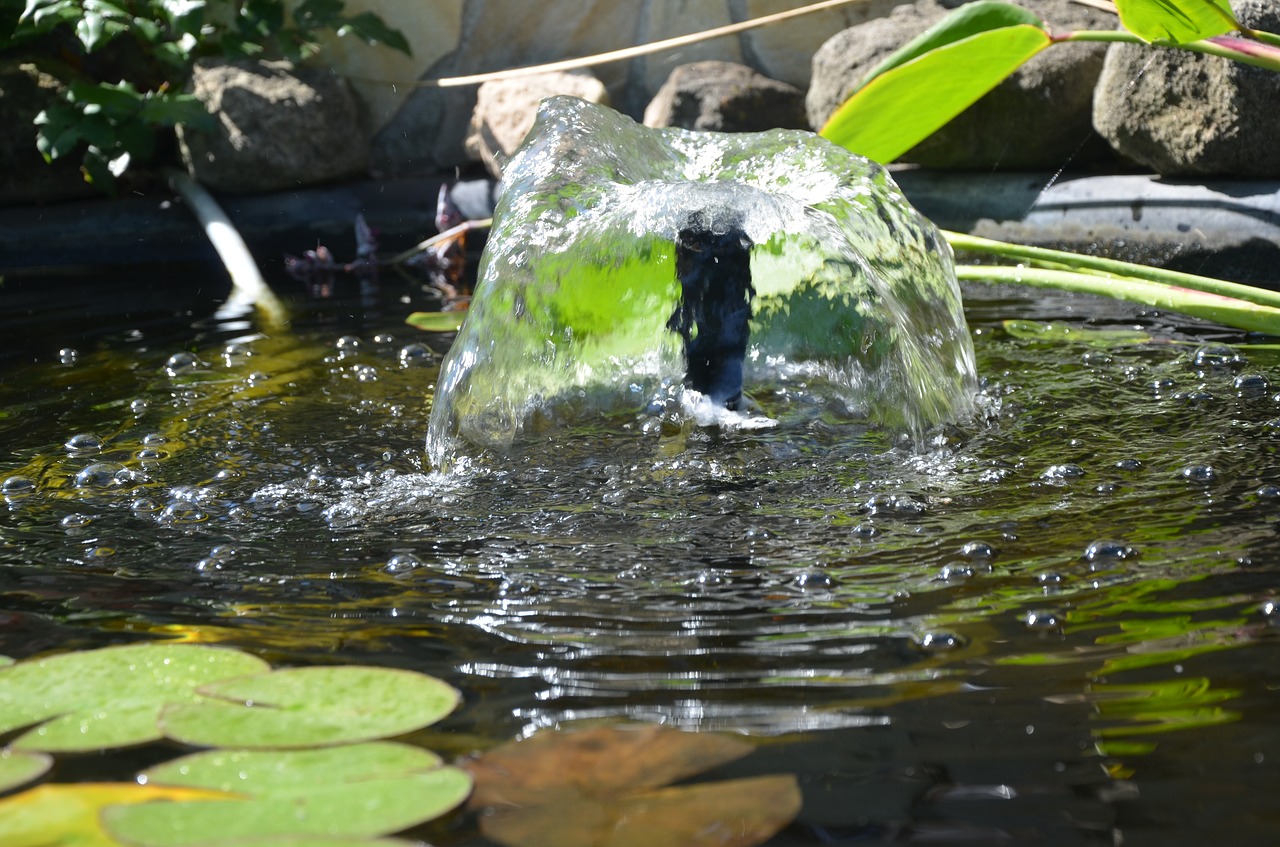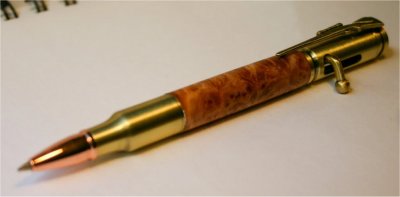Oxygen is essential to almost all living things. Water carries a pitifully small amount of oxygen but fish have been designed to make the best of it.
Oxygenation is atmospheric. Not bubbles.
The only way oxygen can mix with water (oxygenation) is by contact with atmospheric air in features such as waterfalls, flooming pumps, filter returns through spray bars, or air stones.
If you can “hear” your pond’s surface agitation, chances are there won’t be any problem with dissolved oxygenation unless the water is REALLY warm or you’ve used Formalin. (You can read about Formalin in the Medicine Cabinet chapter). A loud water fall is the surest sign that oxygenation issues have been addressed and averted.
If you do not have a water fall, make sure your filter returns agitate the surface, and / or employ a flooming pump. (See glossary).

Hey, it’s REALLY important that you know that warm water carries even less oxygen than water at any other temperature, and sometimes this causes problems in the summer. Large fish need much more oxygen than small fish, which is why large fish die first when the oxygen supply to the pond is discontinued. In the summer, when someone’s largest fish die, especially at night = think low oxygen levels.
You may also find it reassuring that in very cold water, oxygen levels tend to stay near their highest levels.
What this boils down to is that your fish are always going to require the circulation and aeration of their water, however you decide to do it.
Any way you choose, the objective is to disrupt the water’s surface and expose as much water to the surface as possible. This is why I prefer “flooming” to any other method. It’s easy and effective.
This is what I would recommend as far as dissolved oxygen.
- First, make sure the pond always stays cooler than eighty degrees. This is not always possible in the Southwestern part of the country.
- Secondly, always have two pumps moving water around the pond. Obviously, one of the pumps will push the filter. The second pump can drive a water fall or some other feature, or it can be set up to “floom”. Either way, if one pump chokes up and dies, the other pump can carry your fish until the failure is discovered.
- Thirdly, make sure your two pumps are on entirely different circuit breakers in the fuse box. This way, if one pump shorts out, it won’t kick the breaker and take out the second pump. Running a second line from the fuse box is not much money, but it will save fish lives sooner or later. A power failure in the summer is death to fish in warm water.





